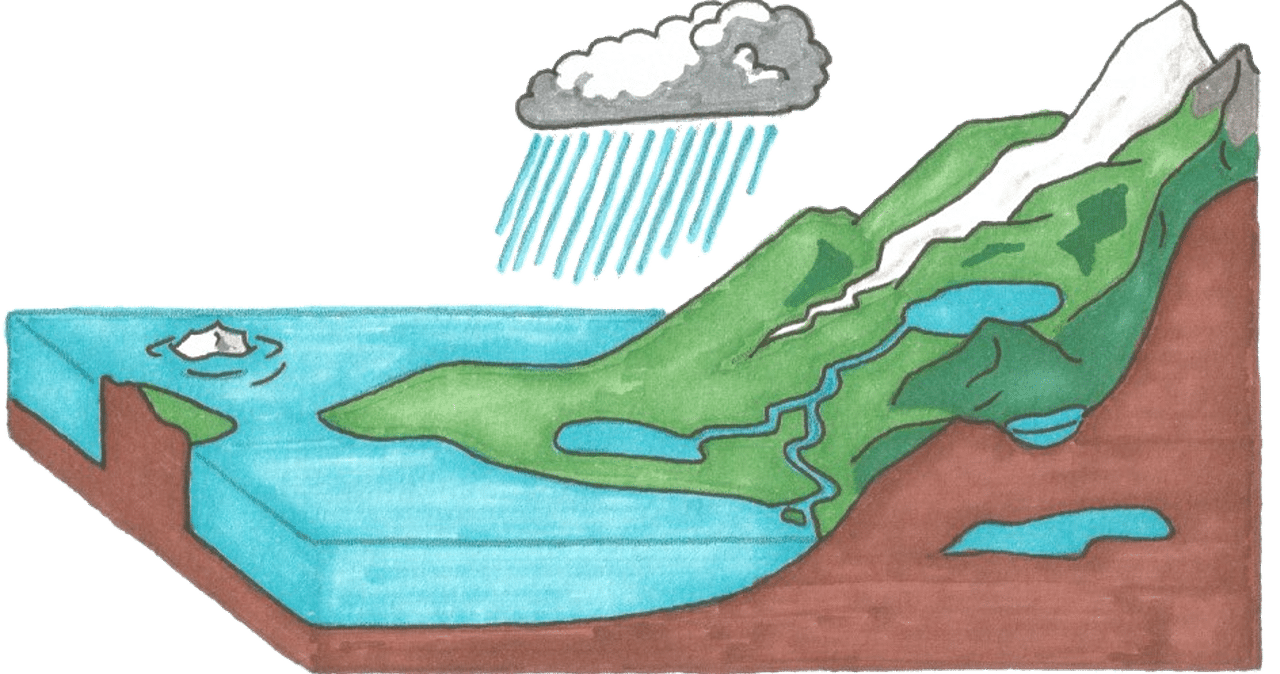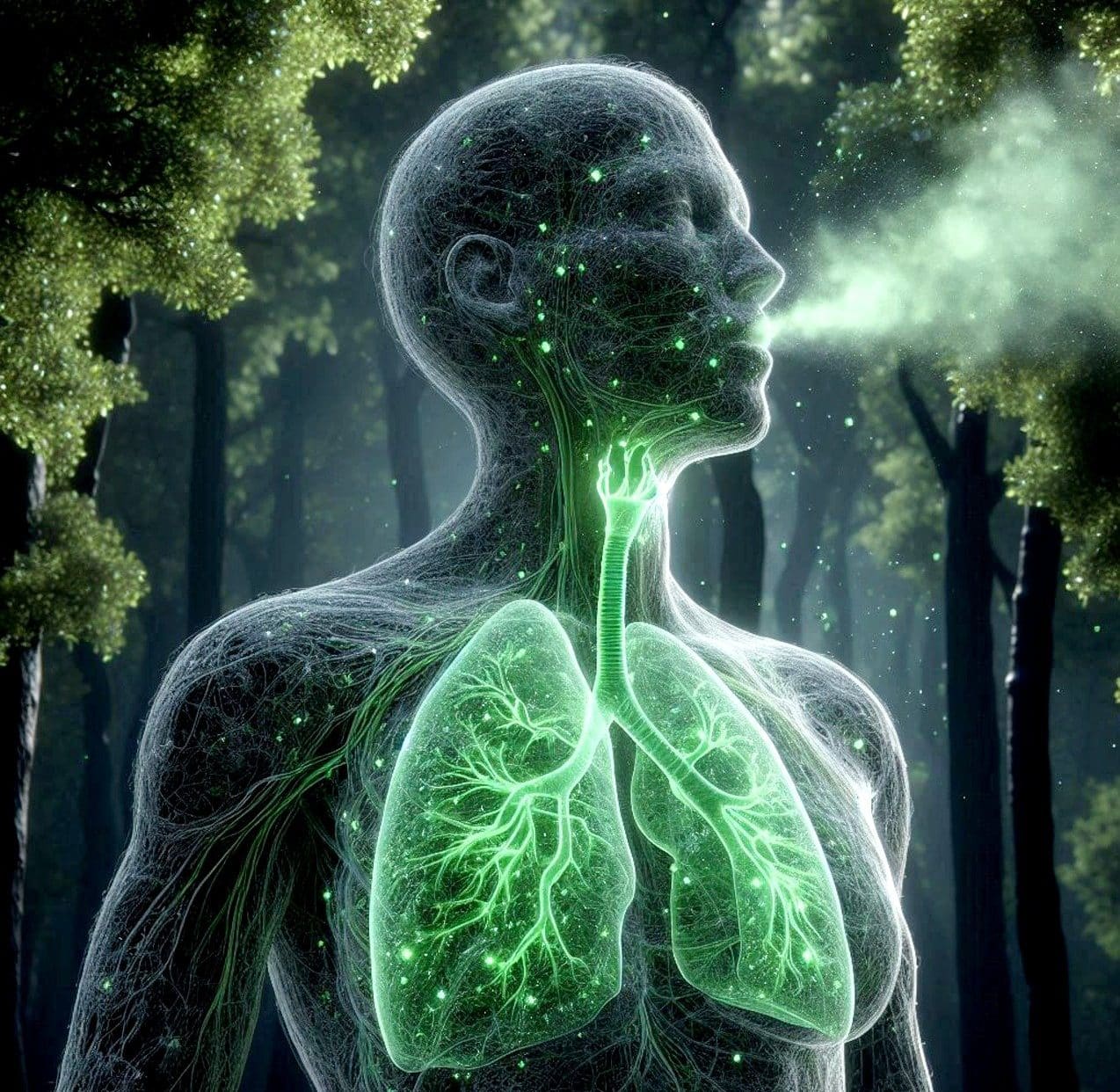
Biogeochemistry is a concept that refers to the interactions that develop between living beings and geochemical compounds.
Biogeochemistry is a term that the Royal Spanish Academy ( RAE ) does not mention in its dictionary. The concept refers to the interactions established between living beings and geochemical compounds (the chemical compounds found in the crust of planet Earth).
Biogeochemistry helps to understand how living organisms work, starting from the organization of cells and reaching the ecosystems they develop. This science also provides knowledge about various processes and situations that are very important for humans, such as food production, climate change, recycling and pollution.
biogeochemical cycles
It can be said that biogeochemistry studies the relationship between the components of the Earth and life. The movements of various chemical elements between organisms and the environment through different processes are known as biogeochemical cycles .
Biogeochemical cycles involve chemical change. Through the production and decomposition of elements, the movement of potassium , phosphorus , nitrogen , calcium , hydrogen , oxygen and other substances occurs between living things and biomass, the atmosphere and aquatic environments.
We can establish the existence of five fundamental biogeochemical cycles:
- The water cycle , which allows water to pass from the Earth's surface to the atmosphere and then return to its liquid and solid phases. Sublimation, evaporation and transpiration therefore play an essential role in this process.
- The nitrogen cycle , by which that element is converted into organic nitrate. Precipitation intervenes in it.
- The sulfur cycle , which highlights how this element combines with water to form sulfuric acid. That is an essential piece for acid rain to take place.
- The carbon cycle , which becomes a key piece within the food chain. Carbon dioxide is in vegetables, on which herbivores feed and from there the chain continues until it reaches humans.
- The oxygen cycle , key in the life of man as well as other living beings.

Biogeochemical cycles are essential for life.
In addition to all of the above, we cannot ignore the fact that within the scope of biogeochemical cycles, elements such as macronutrients, micronutrients, biotope or biota, among many others, as well as processes such as the sedimentary.
Its importance
As matter, in the biosphere , is limited, the recycling that develops through biogeochemical cycles is essential for life since it makes it possible for nutrients not to be exhausted.
Oxygen, calcium, hydrogen and many other elements are nutrients that living beings need for their subsistence and development. Since most chemical substances cannot be used directly by organisms, complex processes develop that convert them into useful elements.
